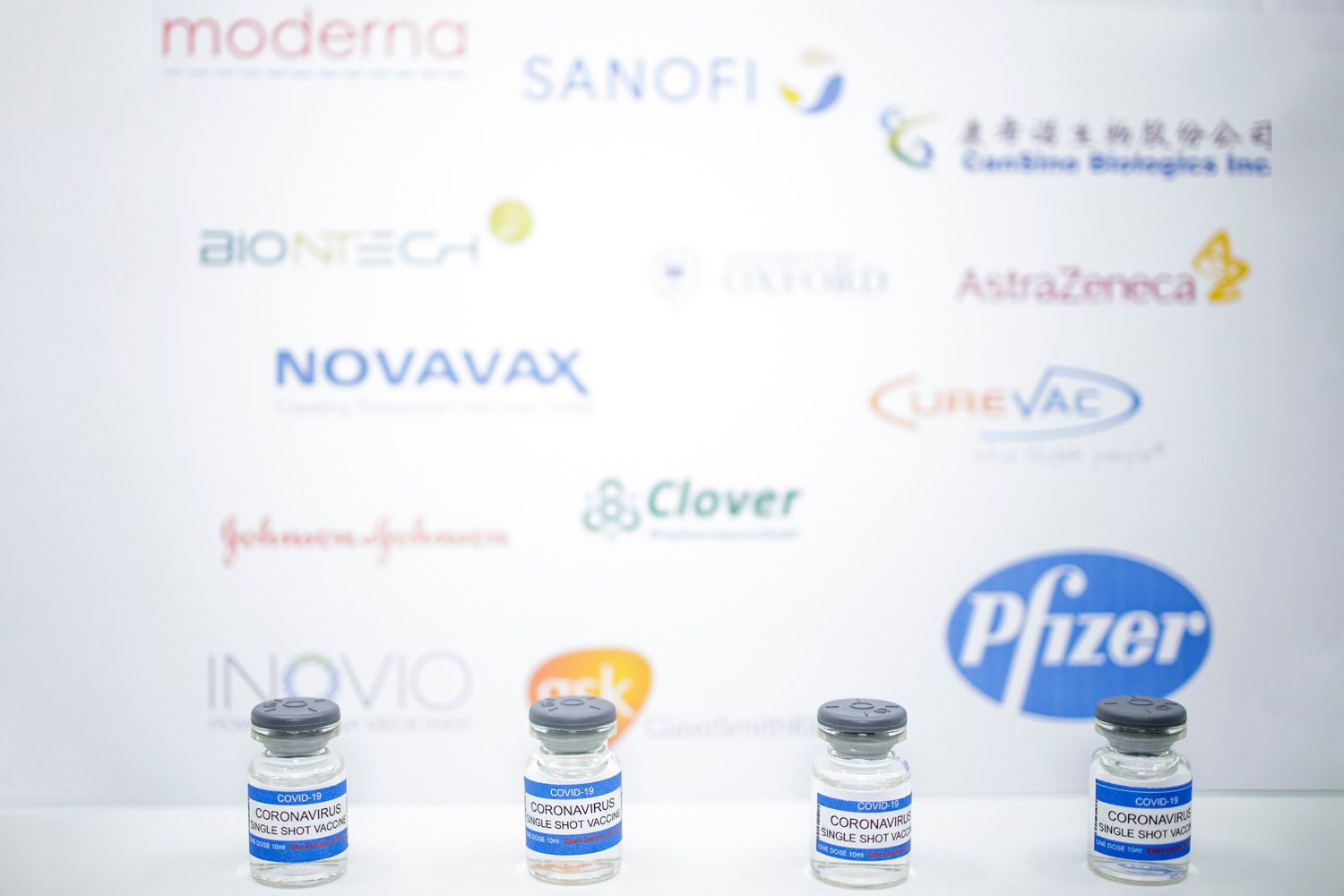COVID-19 Vaccine Rollout: Updates and Lessons from Around the World

The race to end the COVID-19 pandemic is underway. Which countries lead the pack, and what lessons can the rest of the world learn from them?
In the past, we tackled the science behind COVID-19 diagnostics. We discussed the different types of vaccines that were being developed, some of which are now being rolled out in various countries. We focused on success stories of countries that contained the COVID-19 virus, and what steps they took were most effective.
In this article, we’ll take a look at vaccination campaigns around the world. Who has acquired, reserved, and administered the most shots? Who’s earning top marks for efficient mass vaccination, and what lessons can we learn from these countries?
The race is on: vaccine contracts and vaccination campaigns
As of July 2020, there are approximately 7.8 billion people in the world, according to a report published in The Lancet, a peer-reviewed general medical journal. Around 8.49 billion doses of COVID-19 vaccines have been set aside, but many countries have procured more than what is required to inoculate their populations.
With a population of 450 million, the European Union (EU) has ordered nearly 2.3 billion doses of the COVID-19 vaccine from six manufacturers. Canada has ordered 414 million doses of the vaccine. At 10 doses per person, it is the most per capita in the world
The People’s Vaccine Alliance is a network of organizations including Amnesty International, Oxfam, Frontline AIDS, and Global Justice Now. According to the coalition, “rich nations representing just 14% of the world’s population have bought up 53% of all the most promising vaccines so far.”
Securing a vaccine contract isn’t the only obstacle in this race. Delivering the COVID-19 vaccines to billions of people across the globe may be the biggest logistical challenge the world has ever faced.
According to Bloomberg, more than 68.1 million doses in 56 countries have been administered. On average, that’s roughly 3.44 million doses a day.
Which countries lead the pack?
Top of the class
According to a tracker developed by OurWorldInData, three countries lead the world in vaccinations: Israel, the United Arab Emirates (UAE), and the United Kingdom.

Source: OurWorldInData
What factors have contributed to their success, and what lessons can the rest of the world learn from them?
- Heavy public investment in health. Israel is a small country with a well-developed, universal healthcare system. Four semi-private healthcare maintenance organizations (HMOs) provide health services to every citizen. They also invested in digital infrastructure to process and centralize large volumes of health data that are controlled by hospitals and healthcare providers.
- Smart logistics planning and a significant financial investment. For the United Kingdom, it’s a combination of a nearly £12 billion-investment, the centralized National Health Service (NHS), and a “far-reaching delivery network” that includes local general practitioners (GPs) and mass vaccination centers.
- Thinking outside of the (pizza) box. Teams in Israel have repacked doses from large, ultra-frozen pallets into insulated boxes the size of small pizzas. With this genius move, they can distribute the vaccine in smaller numbers and at more remote locations.
- Get the buy-in of citizens. To reassure people that the vaccine is safe and effective, a leader has to step up. Israeli prime minister Benjamin Netanyahu was the first Israeli to get the jab--all on live television. In the UAE, health authorities liaised with religious leaders to help sway public opinion on the vaccine. The UAE’s Fatwa Council issued an Islamic ruling in favor of the vaccine. Its chairman, Sheikh Abdullah bin Bayyah, was vaccinated in public.
“Science has delivered, let’s not waste the opportunity to protect the lives of those most at risk and ensure all economies have a fair shot at recovery,” WHO Director-General Dr. Tedros Adhanom Ghebreyesus said at a recent COVID-19 media briefing. “Remember, ending this pandemic is one of humanity's great races, and whether we like it or not, we will win or lose this race together.”
As one of the Top 20 EMS companies in the world, IMI has over 40 years of experience in providing electronics manufacturing and technology solutions.
At IMI, we believe that humanity drives technology, and we direct our passion at solutions that enhance our way of living. With more than 400,000 square meters of factory space in 22 factories across 10 countries, we are positioned to build your business on a global scale.
Our proven technical expertise, worldwide reach, and vast experience in high-growth and emerging markets make us the ideal global manufacturing solutions partner.
Let's work together to build our future today.
Other Blog



